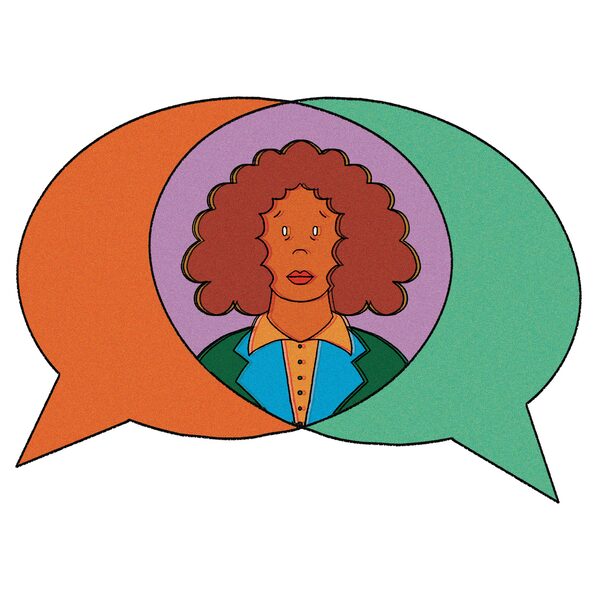
Melanie Lambrick/The Globe and Mail
How much should bosses care? The question isn’t meant to be glib. Rather, it is relevant, considering a mental health crisis spurred by the pandemic is clashing in unexpected ways with a popular management orthodoxy.
First, the orthodoxy. Perhaps the defining trend of 21st-century management is the recognition of emotional intelligence as a crucial trait in a good boss. This intersects with the increasing popularity of servant leadership—employed in the C-suites of Sodexo, Popeyes and WD-40, among many others—which posits that the primary job of a leader is to support employees. The archetype of the cold-blooded boss is now passé in nearly every industry. In its place, a kinder, more caring model, wherein bosses are as likely to ask about employees’ feelings as the company’s quarterly numbers. This is, on aggregate, a good thing, with positive effects on everything from morale to financial performance.
Second, the crisis. We have had nearly two years of stress caused by pandemic-related factors, both direct (performing busy, high-risk front-line tasks) and indirect (navigating the boundaryless morass of remote work). As a result, job-related mental duress is becoming endemic. Research quantifies this, with a study by Workplace Intelligence uncovering that four out of every five workers experienced pandemic-related mental health effects. Another, by Deloitte, found that a third of all millennial and Gen Z workers took time off to cope with pandemic stress and anxiety.
For empathetic leaders, it should be go time: After all, as Brené Brown writes in Dare to Lead, it is the duty of an emotionally evolved leader to “show up for people in pain and don’t look away.”
But the current situation makes that tricky. There are practical constraints. Employees, rightly, have no obligation under Canadian law to disclose private medical details to their employers, so many managers are left making tenuous assumptions about mental health challenges. And even when those managers are informed, few are properly equipped to accommodate what are often serious diagnoses. Most leaders know that “empathic” does not equal “medical professional,” but the impulse to help is hard to quell.
Furthermore, bosses aren’t okay, either. Managers are facing mental health challenges at the same rate as their employees; depression and anxiety do not care where you sit on the org chart.
This is where things get really fraught. When a leader experiencing his own mental health challenges spends his days addressing the problems of his team, what should be a constructive dynamic becomes unproductive—and even debilitating.
Leena Yousefi knows this. In a recent Globe and Mail webcast devoted to emotionally intelligent leadership, Yousefi, the CEO of Vancouver-based family-law firm YLaw, spoke of the unintended consequences of going all in on empathy. “I didn’t just relate to people’s pain,” she says. “I took on everything they were feeling. I was trying to help them more than I could.” Eventually, she realized she was neglecting her own well-being, and jeopardizing her longevity as the head of a growing business. “A leader who exhausts themselves to please all their people, to me, is not a leader who can have the resilience to carry on and adapt to change,” she says.
Fellow panelist Jamelle Lindo, a coach who specializes in emotional intelligence, has seen many examples like Yousefi’s. “Empathy is an absolute strength,” Lindo says. But it needs to be counterbalanced with complementary skills, he adds. These include self-awareness (to ensure leaders aren’t compromising their own needs to meet those of others) and self-regard (to set healthy boundaries).
So, yes, of course bosses should care about the wellness of their employees. Given the current circumstances, it would be callous not to. But just as parents boarding an aircraft are instructed to affix their own emergency oxygen masks before attending to their child’s, so should empathetic leaders prioritize their own self-care. (And, it should go without saying, organizations need to provide practical and useful mental health supports.) If everyone is burnt, out it’s hard see how anyone is being served.
Your time is valuable. Have the Top Business Headlines newsletter conveniently delivered to your inbox in the morning or evening. Sign up today.